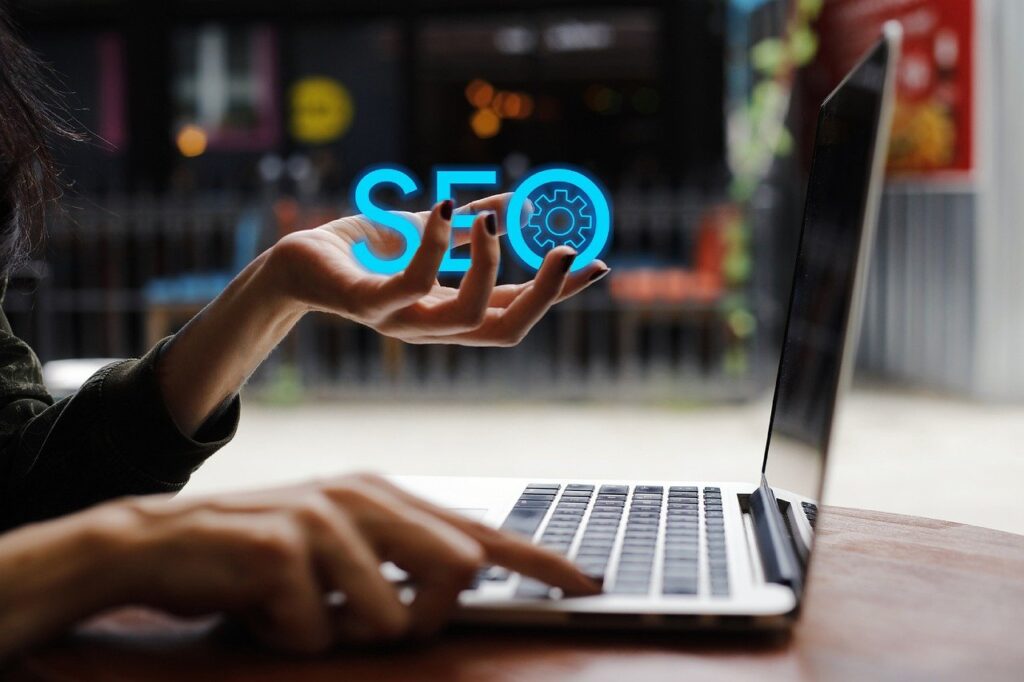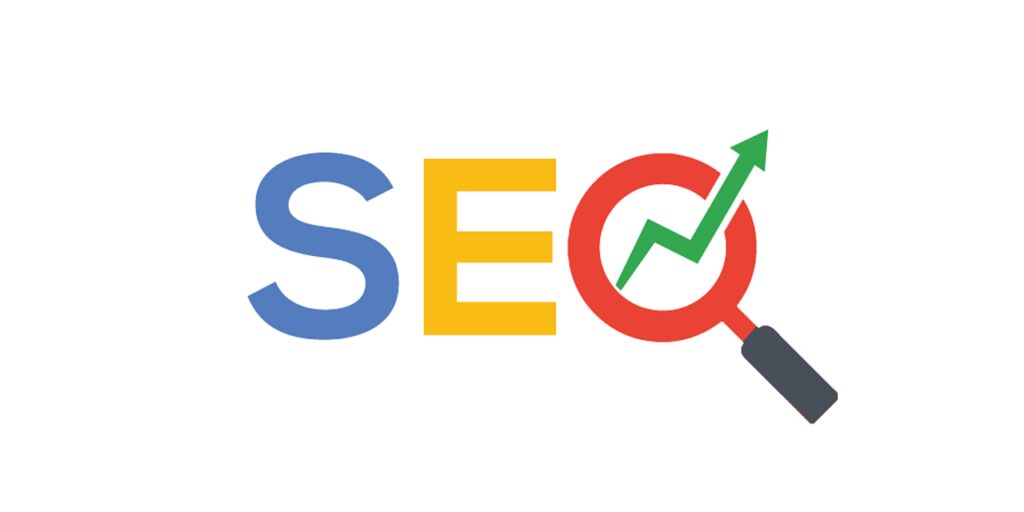Wondering how law firms can improve their website page speed? Slow-loading pages can frustrate potential clients, negatively impact user experience, and even hurt your firm’s search engine rankings. That’s why website speed optimization needs to be a top priority in your SEO strategy.
In this blog post, the SEO experts at 714WEB will explore 10 effective strategies that law firms can use to improve their website’s page speed for better SEO.
Key Takeaways
- Enhancing page speed creates a superior user experience that drives better visibility in search results, more engagement, and more conversions.
- By using modern image formats like WebP, which can reduce file sizes by up to 30% compared to JPEG, law firms can dramatically speed up their websites.
- To make sure your law firm’s website continues to deliver optimal speed performance, it’s crucial to regularly monitor and test it using specialized tools.
Why Do You Need to Improve Your Page Speed?
In today’s competitive online landscape, optimizing website speed is essential for maximizing your SEO and digital marketing efforts. Enhancing page speed creates a superior user experience that drives better visibility in search results, more engagement, and more conversions.
Our SEO experts at 714WEB explain,
“Page speed is one of the key ranking factors that Google and other search engines consider when determining where to place a law firm’s website in the search results. Improving your site’s loading times can have a direct and measurable impact on your firm’s online visibility and organic lead generation.”
For law firms, where potential clients often need information quickly and may be comparing multiple firms at once, a fast-loading site can be the difference between capturing a lead or losing it to a competitor.
Additionally, having a fast-loading mobile site is increasingly important, as Google uses mobile-first indexing. Our team at 714WEB adds,

“As SEO experts, we can’t overstate the importance of website speed for law firms. Making page speed a priority is one of the most impactful steps a law firm can take to improve their online presence and attract more high-quality clients through organic search.”
How Can Law Firms Improve Their Website’s Page Speed For Better SEO? – 10 Tips
1. Optimize Images
High-resolution photos, graphics, and other visual elements can significantly increase page file sizes and loading times.
By using modern image formats like WebP, which can reduce file sizes by up to 30% compared to JPEG, law firms can dramatically speed up their websites. Implementing lazy loading, which only loads images as users scroll, is another powerful optimization technique.
The SEO experts at 714WEB note,
“We often see law firm websites bogged down by massive image files that never actually get viewed by visitors. Properly optimizing those visuals can shave several seconds off your page load times.”
2. Minimize HTTP Requests
Another key factor in website speed is the number of HTTP requests required to load a page. The more individual files (CSS, JavaScript, images, etc.) that need to be downloaded, the longer it will take for a page to render fully. One of the best ways to reduce HTTP requests is to combine multiple CSS and JavaScript files into single, minified files.
Additionally, law firms should carefully review their website and remove any unnecessary plugins, scripts, or other elements that generate HTTP requests without providing significant value to users.
3. Enable Browser Caching
By instructing browsers to cache static website resources like images, CSS, and JavaScript files, you can dramatically reduce the time it takes for repeat visitors to load your pages.
Our team at 714WEB explains,
“When a user first visits your law firm’s website, their browser will download and store all the necessary files. On subsequent visits, those cached assets can be quickly retrieved, rather than having to be downloaded again from the server.”

Properly configuring your website’s cache settings, including setting appropriate expiration dates, can have a major impact on page load times.
4. Minify Code
Reducing the file size of your website’s HTML, CSS, and JavaScript code can also contribute to faster loading times. This process, known as code minification, involves removing unnecessary whitespace, comments, and other extraneous characters without affecting the functionality of the code.
5. Prioritize Above-the-Fold Content
Another effective strategy for improving website speed is to prioritize the loading of content that is visible “above the fold” – the portion of the webpage that is immediately visible without scrolling. This ensures that the most critical elements of the page render quickly, providing users with a positive initial impression and experience.
6. Enable GZIP Compression
GZIP compression is a technique that can significantly reduce the file size of your website’s HTML, CSS, and JavaScript files before they are transmitted to the user’s browser. This compression process happens on the server side, resulting in faster download times for the end-user.
7. Minimizing Redirects
Unnecessary redirects can also have a detrimental impact on website speed, as each redirect adds an additional HTTP request and increases the time it takes for a page to fully load. The SEO experts at 714WEB explain,
“Law firms should carefully audit their website and eliminate any redirects that are no longer necessary. This might include outdated URLs, links to deprecated pages, or other redirects that were set up for reasons that are no longer relevant.”
8. Optimize Server Response Time
The speed at which your web server responds to a user’s initial request is another critical factor in overall website performance. Factors such as your hosting provider, server configuration, and database optimization can all impact server response time.

Choosing a high-quality, well-optimized hosting provider is essential for fast server response times. Additionally, enabling server-side caching and carefully managing database queries can help ensure your law firm’s website loads quickly, no matter how many visitors you receive.
9. Use Asynchronous Loading
For CSS, HTML, and JavaScript files, utilizing asynchronous loading can improve website speed by allowing these resources to load simultaneously, rather than sequentially. This prevents these files from blocking the initial rendering of the page’s content.
10. Monitor and Test Site Speed Regularly
To make sure your law firm’s website continues to deliver optimal speed performance, it’s crucial to regularly monitor and test it using specialized tools.
Consistent monitoring allows you to identify any new issues that arise, as well as track the impact of your optimization efforts over time. This ensures your website remains fast and responsive, providing the best possible user experience for your potential clients.
Services like Google PageSpeed Insights can provide detailed analyses and actionable recommendations for improving page speed. However, keeping up with consistent monitoring can be challenging. That’s why working with a professional SEO team can make the process easier.
Call the Law Firm SEO Experts at 714WEB
At 714WEB.com, we specialize in comprehensive SEO strategies tailored specifically for personal injury law firms. Our team of SEO experts understands the unique challenges and opportunities in the personal injury legal sector. We’ve helped numerous lawyers learn how to improve their website’s page speed, resulting in improved online visibility, increased high-quality leads, and ultimately, growth in their practice. Don’t let your personal injury law firm get lost in the digital shuffle.
Contact us today for a free consultation and discover how we can help you leverage SEO to attract more clients and cases.
Frequently Asked Questions About Page Speed
Page speed is a critical factor for SEO because search engines like Google consider it when ranking websites. Faster-loading pages enhance user experience, leading to lower bounce rates and higher engagement, which can positively impact rankings.
Core Web Vitals are a set of specific factors that Google considers important in a webpage’s overall user experience. They measure loading performance, interactivity, and visual stability of pages. For law firms, optimizing these metrics can improve search rankings, visibility, and client acquisition since Google uses them as part of its ranking algorithm.
Optimizing images can significantly reduce their file sizes without compromising quality, which helps improve page load times. Large images are one of the most common culprits of slow websites, so using compressed formats and implementing lazy loading ensures that images only load when they are visible to the user. This not only enhances user experience but also contributes to better SEO performance by reducing overall page weight.
Glossary
1. Page Speed: Page speed refers to the amount of time it takes for a web page to fully load and become interactive for users. It is measured in seconds and can significantly impact user experience, bounce rates, and search engine rankings. Faster page speeds are favored by search engines like Google, making it essential for law firms to optimize their websites to enhance visibility and client engagement.
2. Content Delivery Network (CDN): A Content Delivery Network is a system of distributed servers that deliver web content to users based on their geographic location. CDNs store cached versions of website content in multiple locations around the world, allowing users to access the content from servers nearest to them. This reduces latency and improves page load times, especially for users located far from the website’s hosting server.
3. Lazy Loading: Lazy loading is a design technique that delays the loading of non-essential resources, such as images and videos, until they are needed or visible in the viewport. This approach helps improve initial page load times and reduces the amount of data that needs to be transferred when a user first accesses a webpage. For law firm websites, implementing lazy loading can enhance page speed, particularly on pages with numerous images or multimedia content.